Non Dairy Cheese Size
Non-dairy cheese Market Growth Projections and Opportunities
The Non-Dairy Cheese Market is undergoing significant growth, driven by a confluence of market factors that reflect evolving consumer preferences and dietary trends. A primary catalyst is the increasing demand for plant-based alternatives as more consumers adopt vegan, vegetarian, or flexitarian diets. Non-dairy cheese, crafted from ingredients such as nuts, soy, and coconut, has emerged as a popular choice for those seeking cruelty-free and sustainable options. This shift in dietary habits is a key driver propelling the expansion of the non-dairy cheese market.
Health consciousness and dietary considerations play a crucial role in shaping the Non-Dairy Cheese Market. As consumers become more mindful of their nutritional choices, non-dairy cheese appeals to those looking for alternatives that are lower in saturated fat and cholesterol. Additionally, the market benefits from the perception that plant-based options may contribute to overall well-being. With an increasing number of individuals embracing healthier lifestyles, the demand for non-dairy cheese continues to rise.
Environmental sustainability is a major influencing factor in the non-dairy cheese sector. The production of traditional dairy products often involves substantial environmental impact, such as deforestation for cattle farming and greenhouse gas emissions from livestock. Non-dairy cheese, made from plant-based sources, is perceived as a more sustainable choice, requiring less land and water resources. The environmentally conscious consumer seeks products with a lower carbon footprint, contributing to the market's growth.
Market dynamics are also shaped by taste and product innovation in the Non-Dairy Cheese Market. As manufacturers invest in research and development, they are creating non-dairy cheese options that closely mimic the taste and texture of traditional dairy cheese. The availability of diverse flavors and varieties, from cashew-based brie to almond-based cheddar, contributes to the market's appeal. The continuous innovation in non-dairy cheese products enhances their acceptance among consumers who seek both culinary satisfaction and adherence to dietary preferences.
The regulatory landscape is a critical factor influencing the Non-Dairy Cheese Market. Compliance with food safety standards, labeling requirements, and nutritional claims is essential for manufacturers to build consumer trust. The regulatory environment also encompasses the use of terms like "cheese" for non-dairy products, requiring clear and accurate labeling to avoid confusion. The adherence to these regulations is crucial for the credibility and success of non-dairy cheese products in the market.
Economic factors, including consumer purchasing power and pricing strategies, contribute to market dynamics. The affordability of non-dairy cheese products compared to traditional dairy alternatives is a key consideration for consumers. Economic conditions impact the production costs, pricing strategies, and market accessibility for non-dairy cheese manufacturers. Price competitiveness and the availability of affordable options influence consumer choices in the increasingly competitive non-dairy cheese market.
Competitive factors and industry dynamics play a pivotal role in shaping the Non-Dairy Cheese Market. The sector is marked by the presence of both established and emerging players, leading to intense competition. Brands invest in marketing strategies, branding, and product differentiation to capture market share. Partnerships and collaborations along the supply chain, from ingredient suppliers to retailers, influence the market's overall efficiency and accessibility.
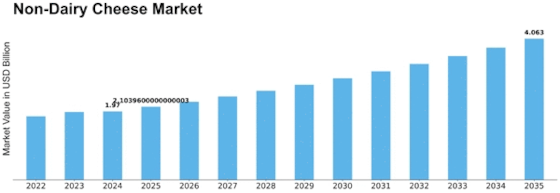


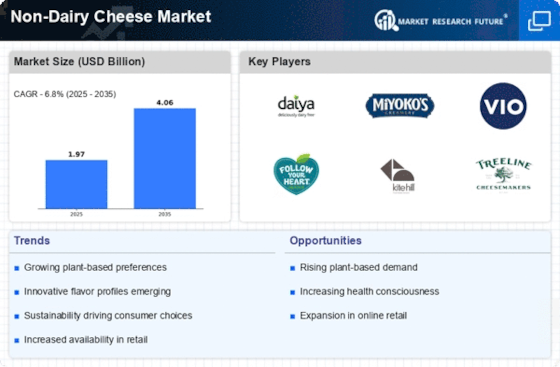
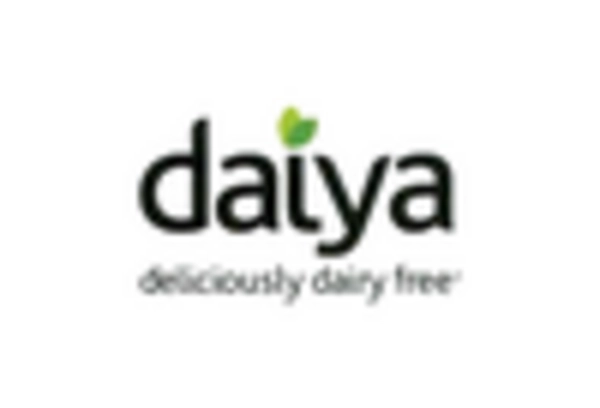

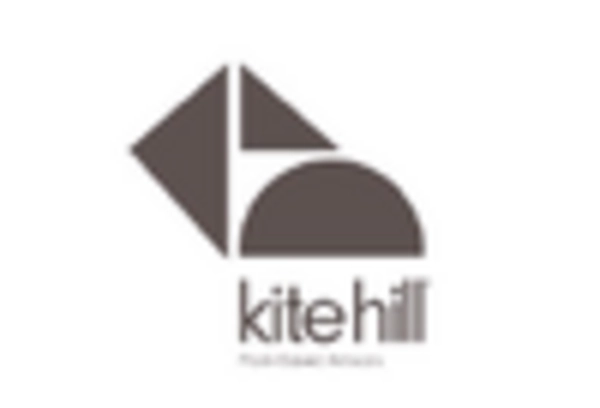
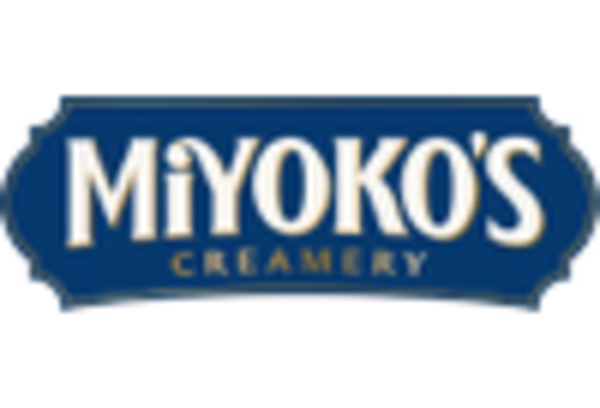
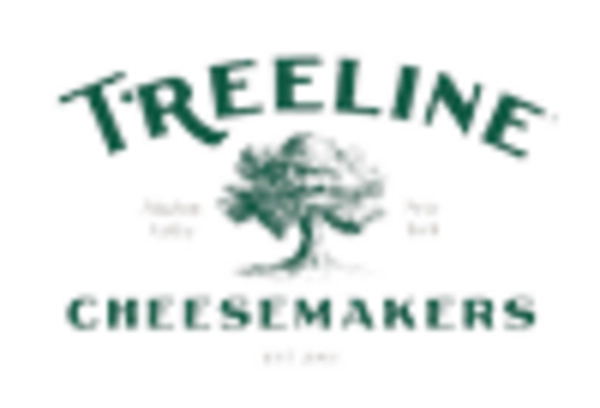
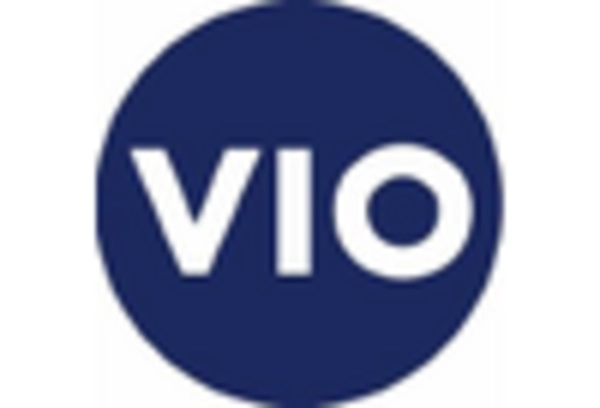










Leave a Comment